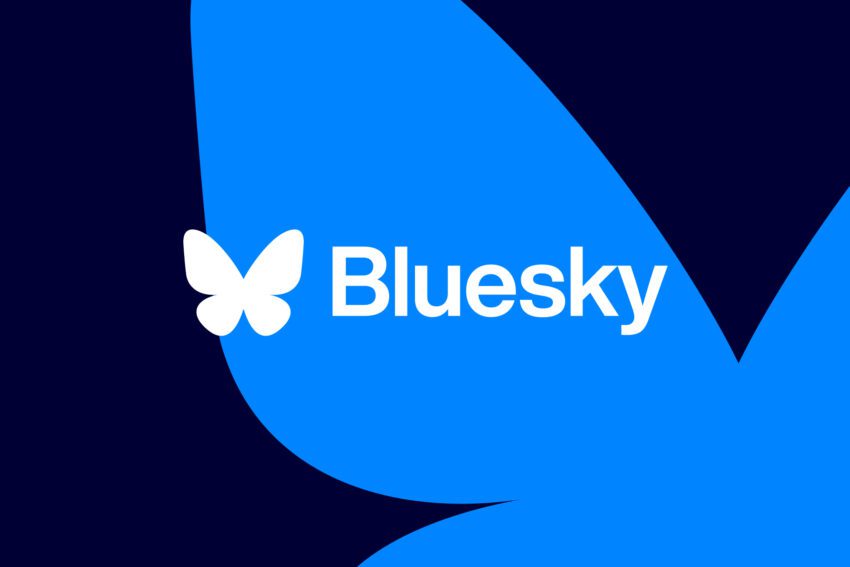
bluesky brings age verification to south dakota Bluesky has introduced age verification measures for users in South Dakota and Wyoming to comply with new local online safety laws.
bluesky brings age verification to south dakota
Overview of Age Verification Implementation
On Wednesday, Bluesky announced that users located in South Dakota and Wyoming will now be required to verify their age through various methods, including government-issued identification, payment cards, or other verification tools. This move aligns with the platform’s commitment to adhere to local regulations aimed at enhancing online safety.
Technology Behind Age Verification
Bluesky’s age verification process will utilize Epic Games’ Kids Web Services (KWS), a robust tool designed for developers to seamlessly integrate age verification and parental controls into their platforms. This technology is particularly significant as it allows for a streamlined verification process while ensuring user privacy and data security.
The implementation of KWS is not just a technical upgrade; it represents a broader trend in the tech industry where platforms are increasingly held accountable for user safety. By leveraging KWS, Bluesky aims to provide a secure environment for its users while complying with the stringent regulations set forth by state governments.
Legal Context and Implications
The introduction of age verification in South Dakota and Wyoming follows a significant legal precedent. Recently, the U.S. Supreme Court upheld a Texas law mandating age verification for adult websites, prompting several states to enact similar legislation. South Dakota and Wyoming have taken proactive steps to implement their own online safety laws, which do not limit their scope to adult content but extend to a wider range of online platforms.
Broader Impact on Online Platforms
According to 404 Media, the laws in South Dakota and Wyoming could have far-reaching implications for various online platforms, including popular social media sites like Reddit, X (formerly Twitter), and Discord. Unlike many other states that apply online safety laws primarily to adult websites or those containing harmful content, these two states have opted for a more inclusive approach. This means that any platform that allows user-generated content may be subject to age verification requirements.
The Electronic Frontier Foundation has expressed concerns regarding the potential overreach of these laws. They argue that such regulations could stifle free expression and limit access to information for users, particularly minors who may be unfairly restricted from participating in online communities.
Recent Developments in Age Verification Laws
In a related development, Bluesky and Mastodon recently ceased operations in Mississippi after the Supreme Court declined to block a law that mandates age verification for all users creating accounts on social media platforms. This law has been described as “likely unconstitutional” by legal experts, raising questions about its enforceability and the potential for widespread user exclusion.
Bluesky’s spokesperson, Elisabeth Diana, emphasized the platform’s concerns regarding the Mississippi law, stating that it would effectively block access for all users—both teens and adults—unless they provide sensitive personal information. This situation highlights the ongoing tension between regulatory compliance and user privacy in the digital age.
Challenges and Concerns
As platforms like Bluesky navigate these regulatory landscapes, several challenges arise. The requirement for age verification raises questions about data security and user privacy. Users may be hesitant to provide sensitive information, fearing misuse or data breaches. This concern is particularly acute for younger users, who may be more vulnerable to exploitation.
Moreover, the implementation of age verification systems can create barriers to entry for new users. Individuals who are unable or unwilling to provide the necessary documentation may find themselves excluded from participating in online communities. This could lead to a significant reduction in user engagement and diversity on platforms that enforce strict age verification measures.
Bluesky’s Approach to User Safety
In light of these challenges, Bluesky has taken a proactive stance on user safety. The platform aims to restrict access to adult content and certain features, such as direct messaging, for unverified and underage users in South Dakota and Wyoming. This approach reflects a commitment to creating a safer online environment while adhering to legal requirements.
Comparative Analysis with Other Platforms
Bluesky’s decision to implement age verification is not unique; other platforms are also grappling with similar regulations. For instance, TikTok has faced scrutiny over its age verification processes, leading to calls for more stringent measures to protect younger users. Similarly, Facebook and Instagram have been criticized for their handling of underage users and the potential risks associated with their data privacy practices.
As various platforms respond to regulatory pressures, the landscape of online safety is evolving. Companies are increasingly investing in technology and resources to ensure compliance while balancing user privacy concerns. The challenge lies in finding a solution that satisfies both regulatory requirements and user expectations.
Stakeholder Reactions
The introduction of age verification laws has elicited a range of reactions from stakeholders, including lawmakers, advocacy groups, and users themselves. Proponents of age verification argue that these measures are essential for protecting minors from harmful content and ensuring a safer online environment. They contend that platforms have a responsibility to implement safeguards that prevent exploitation and abuse.
Conversely, critics argue that age verification laws can lead to unintended consequences, including the exclusion of legitimate users and the potential for overreach by government authorities. Advocacy groups like the Electronic Frontier Foundation have raised concerns about the implications for free speech and the potential for discrimination against marginalized communities.
Future Outlook
As more states consider implementing age verification laws, the future of online platforms may be shaped by these regulatory developments. Companies like Bluesky will need to remain agile, adapting their policies and technologies to comply with evolving legal landscapes while maintaining user trust and engagement.
The ongoing dialogue surrounding age verification highlights the complexities of balancing user safety, privacy, and freedom of expression in the digital age. As stakeholders continue to navigate these challenges, the outcomes will likely influence the broader trajectory of online safety regulations across the United States.
Conclusion
Bluesky’s implementation of age verification in South Dakota and Wyoming marks a significant step in the ongoing evolution of online safety regulations. As the platform adapts to comply with local laws, it faces both challenges and opportunities in creating a secure environment for its users. The implications of these regulations extend beyond Bluesky, affecting a wide range of online platforms and raising important questions about the future of digital engagement and user privacy.
Source: Original report
Was this helpful?
Last Modified: September 11, 2025 at 12:39 am
0 views















